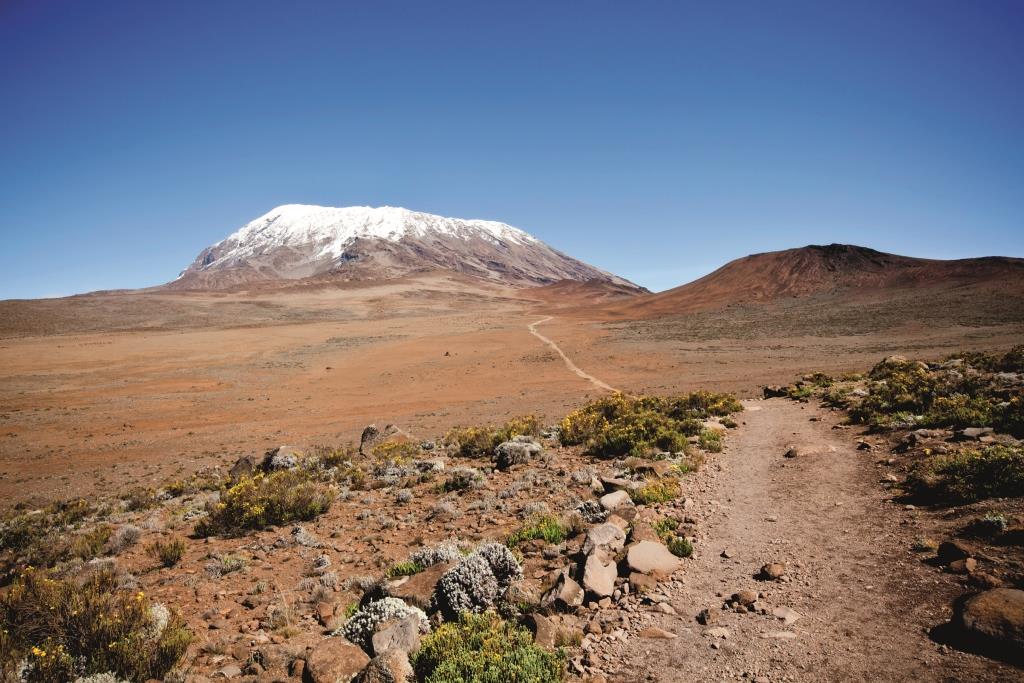Tanzania’s political landscape is dominated by the ruling Chama Cha Mapinduzi (CCM) party, which was re-elected into power in 2010. CCM may remain in power despite whispers of infighting and corruption and a rising challenge from the opposition.
President Jakaya Kikwete fired the ministers of finance, energy and minerals over allegations of corruption and mismanagement. Since November, President Kikwete has faced increasing political and public pressure over corruption allegations on members of his cabinet. Over the last two years Tanzania has plunged 32 places in Transparency International’s Corruption Perception Index. In the 2010 survey, Tanzania ranks 116 out of 178 countries.
Nevertheless, Tanzania’s economic prospects look bright, especially in contrast to subdued growth in the Eurozone. Over the past decade, economic growth has averaged above 6%. Both the International Monetary Fund (IMF) and the World Bank expect growth to reach 7% in 2012, higher than the 6% for the continent overall. The Economist magazine has identified Tanzania as one of seven economies that it predicts could grow 7.2% on average annually.
Prudent macroeconomic policies, anchored by the country’s engagement with the IMF, will support growth. Macroeconomic policy will be focused primarily on poverty reduction to uplift the lives of millions of marginalized people. Growth will likely be driven by reforms in the agricultural sector to encourage commercial investment which will likely buoy the country’s biggest employer.
Infrastructure development aimed to address bottlenecks, particularly in the energy sector, will boost the construction sector. The services sector—transport, telecommunications and finance—is also expected to be a key growth contributor, as investors continue to show a keen interest in these sectors.
Mining, one of the economy’s mainstays, will also favorably contribute to growth. Tanzania is the continent’s fourth largest gold producer and foreign investment in the sector is high. Oil and gas discoveries will further buoy the extractive sector as investors flock in. Tanzania’s gas reserves are estimated at over 10 trillion cubic feet. The World Bank expects gas revenues to boost domestic growth over the next decade.
There are several risks to the country’s positive outlook. The main risk to growth lies within the country’s energy sector. Tanzania faces a chronic energy crisis following a drought in 2011 which led to the authorities instituting the emergency power plan (EPP) to help alleviate the crisis. Tanzania has one of the cheapest power tariffs in the region yet only 13.5% of the population have access to electricity. In January the authorities increased tariffs by 40% to cater for the higher cost of energy production. Energy tariff increases will in turn drive inflation higher to the detriment of the economy at large.
Inflation has been another bugbear for the economy. Inflation increased in 2011 on the back of higher food and energy prices as well as weaker shilling. In 2012 prices have remained stubbornly high—year-on-year inflation was recorded at 19.0% in March, down from 19.4% in February. In the face of elevated inflation coupled with uncertainty surrounding the stability of the shilling, the Bank of Tanzania (BOT) is likely to be reluctant to loosen monetary policy. The IMF expects inflation to decline to single digits by year-end. However this view is heavily dependent on this year’s harvest.
Lastly, uncertainty surrounding global growth also poses a risk to Tanzania’s growth outlook. The European sovereign debt crisis is probably the country’s biggest risk factor. With the European Union a key export destination, a deeper and prolonged contraction in growth, is likely to dent demand for Tanzanian exports.
At a regional level, the authorities are likely to be focused on the further integration of the East African Community (EAC). The BOT governor, Benno Ndulu, in February this year pledged that the government will improve the investment climate in order to attract regional and global investment. With the Europeans’ woes the world will be closely watching when the monetary union of the EAC will come into effect. Given the lessons from the European Union this may well be put on the back burner for some time to come.
